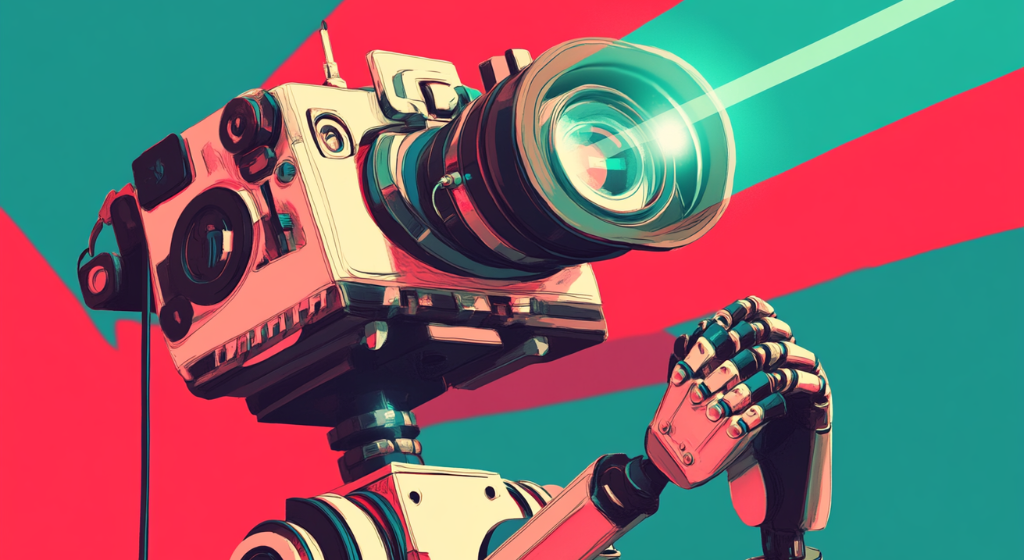
Lionsgate’s deal with Runway comes as studios increasingly adopt AI in their projects, despite growing concerns from filmmakers about its potential to threaten jobs. (Source: Image by RR)
New AI Video Model from Runway Aims to Streamline Production Costs and Boost Creativity
AI startup Runway has gained attention for building generative models, often using content from around the internet, and has now partnered with Lionsgate, the studio behind popular franchises like John Wick and The Hunger Games. This collaboration will allow Runway access to Lionsgate’s extensive film and TV portfolio to develop a customized video generation model aimed at assisting filmmakers, directors, and creative professionals in their work. Lionsgate views this partnership as an opportunity to enhance and supplement its content creation process while keeping production costs low.
As noted in a story in theverge.com, Lionsgate vice chair Michael Burns emphasized that the partnership would create “capital-efficient content creation opportunities” and mentioned that several filmmakers are excited about the technology’s potential applications in pre- and post-production. Runway’s CEO Cristóbal Valenzuela echoed this sentiment, stating that the goal of the new model is to provide filmmakers with innovative ways to bring their stories to life, though details about compensation for creative teams whose work is used to train the AI model remain unclear.
This partnership between Runway and Lionsgate comes amid growing concerns in the film industry about the impact of AI on jobs, particularly as studios increasingly integrate AI into projects. Issues such as studios’ use of AI replicas of background performers contributed to the SAG-AFTRA strike last year. Many filmmakers worry that AI technology could undermine their work, and this has been a significant point of contention between the industry and performers.
In response to these concerns, California Governor Gavin Newsom recently signed two SAG-AFTRA-backed bills granting performers more control over the use of their digital likenesses. Additionally, the upcoming SB 1047 bill, which could soon become law, would make AI developers liable for any critical harms caused by their technology, reflecting growing regulatory attention on the potential risks of AI in entertainment and other industries.
read more at theverge.com


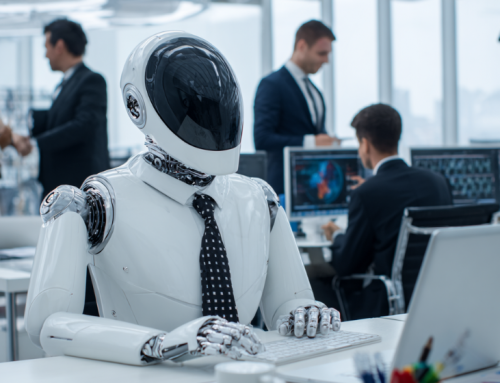
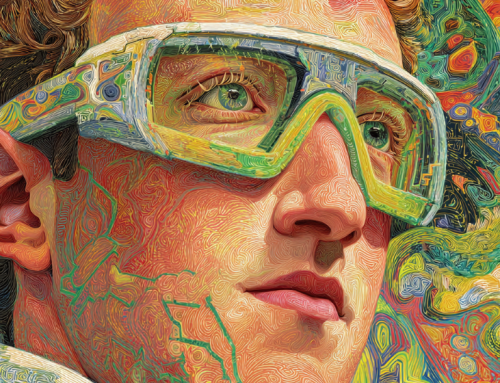
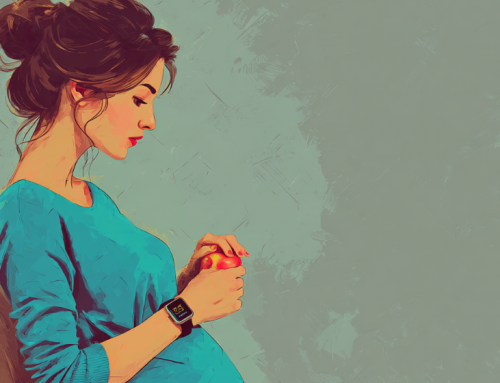
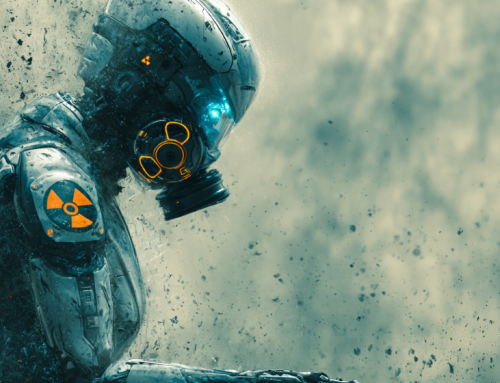

Leave A Comment